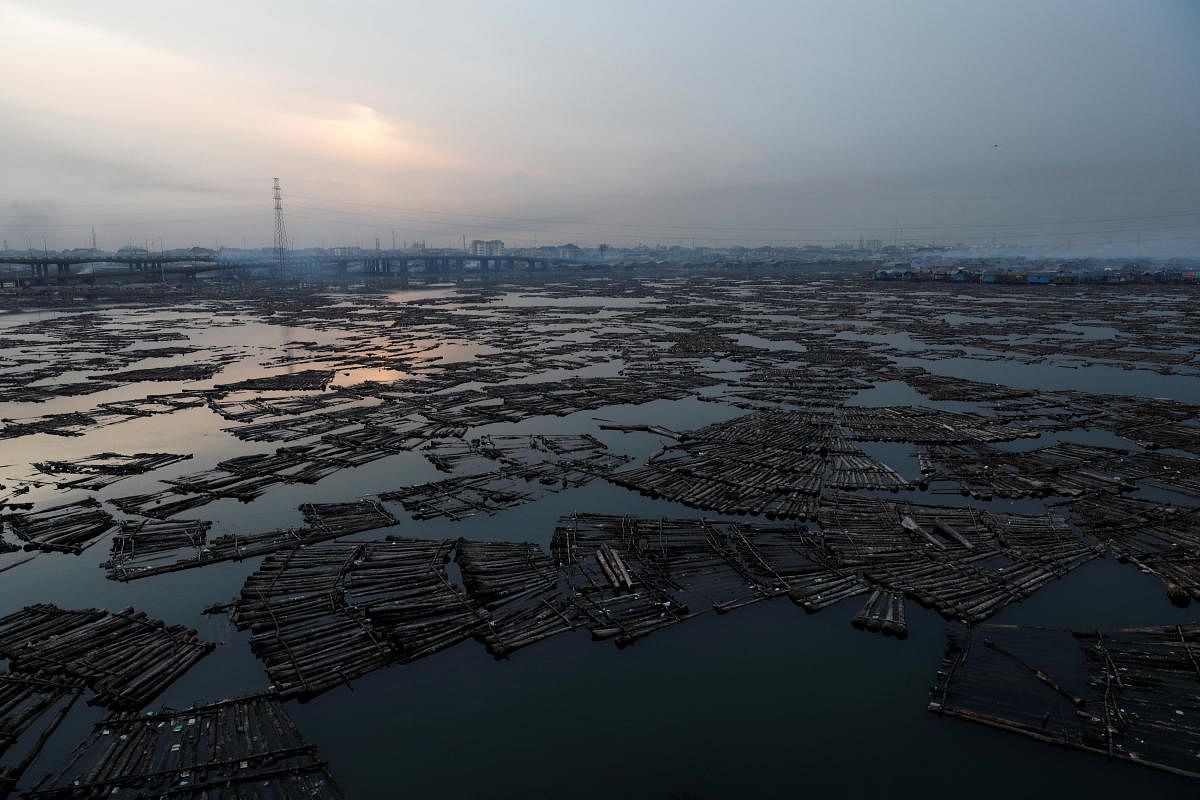
The latest report from the Intergovernmental Panel on Climate Change (IPCC) has issued a warning, which is the most serious yet, against ignoring this collective threat to humanity. The IPCC, like many other agencies and experts, has been steadily highlighting the danger from climate change but the world is yet to take any effective action to address it. The report is an assessment based on inputs from scientists in 67 countries and it predicts that the world will experience multiple climate hazards even if global warming is contained to 1.5 degrees Celsius in the coming two decades. Any further rise in temperature, even if temporary, will lead to very serious consequences, some of them irreversible. Global warming has already made some irreversible changes in nature and the impact is being felt in many ways all over the world.
All natural systems of climate, daily weather and other phenomena will be disastrously upset, making much of the world unliveable for large numbers of people. Sea levels will rise in the next few decades more than they have risen in centuries. Extreme weather events like floods and heatwaves will sweep the earth, creating droughts and upsetting life cycles. Poorer nations and the weaker sections in these countries will be affected the worst. South Asia and India will be among those who bear the brunt of the impact. Wet bulb temperature, which is a measure of heat and humidity, could reach an intolerable 35 degrees Celsius in much of North India. There are dire predictions for large cities like Mumbai, Kolkata and Chennai. Coastal flooding will endanger the lives of 35 million people in the next two decades and about 50 million by the turn of the century. All geographies and all natural features like mountains, rivers and plains and all sectors like agriculture, fisheries and industry will be affected.
Though countries have gone through the motions of preparing strategies to counter climate change, no significant effort has been made till now. The IPCC report says that the latest attempt, the Conference of Parties (COP26) in Glasgow in November 2021, has set its targets too far into the future to be of use. Climate change is a problem of the present and has to be tackled now. Like the pandemic, it also has to be fought together because nobody will be safe till everybody is. But the notion of a collective fight gets distorted when the rich world, which is mainly responsible for the present plight, does not accept its responsibility for it and act accordingly. The IPCC has again made a call for “equitable adaptation” efforts across the world, when such efforts are already too late.